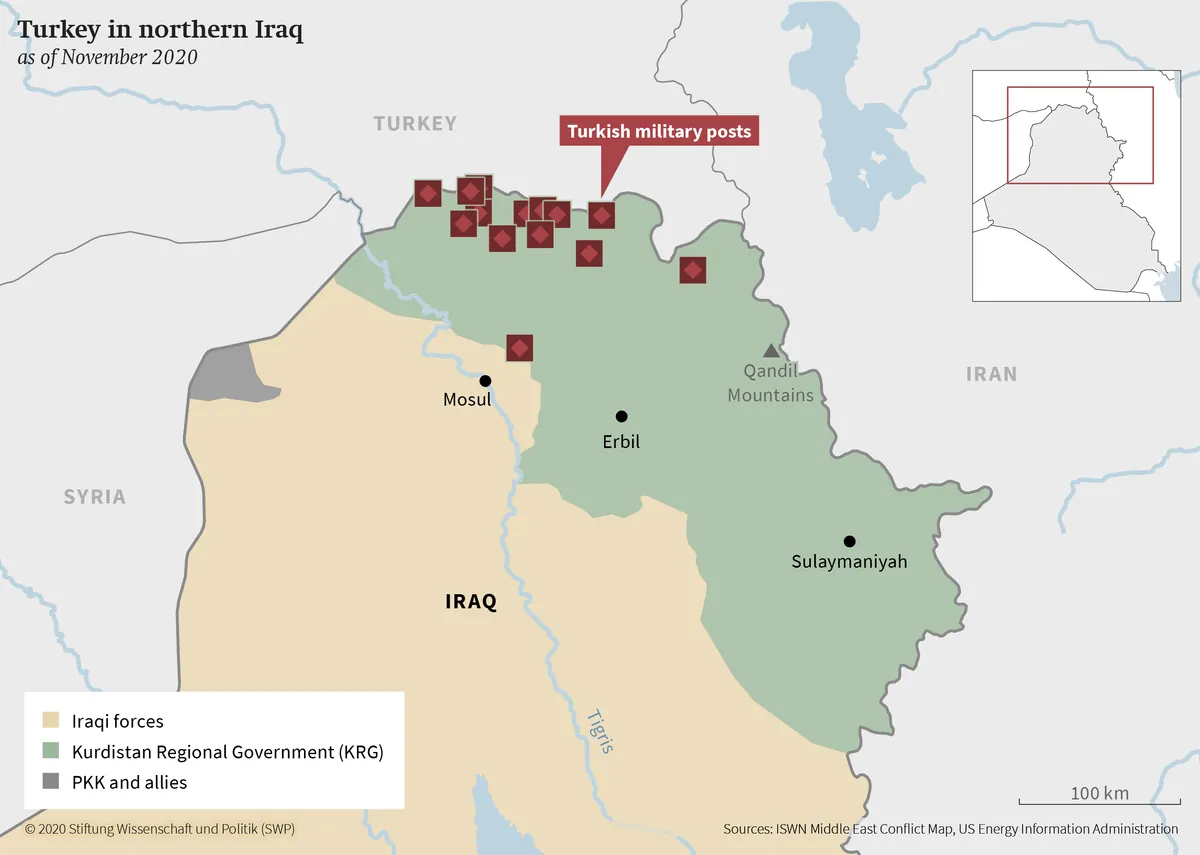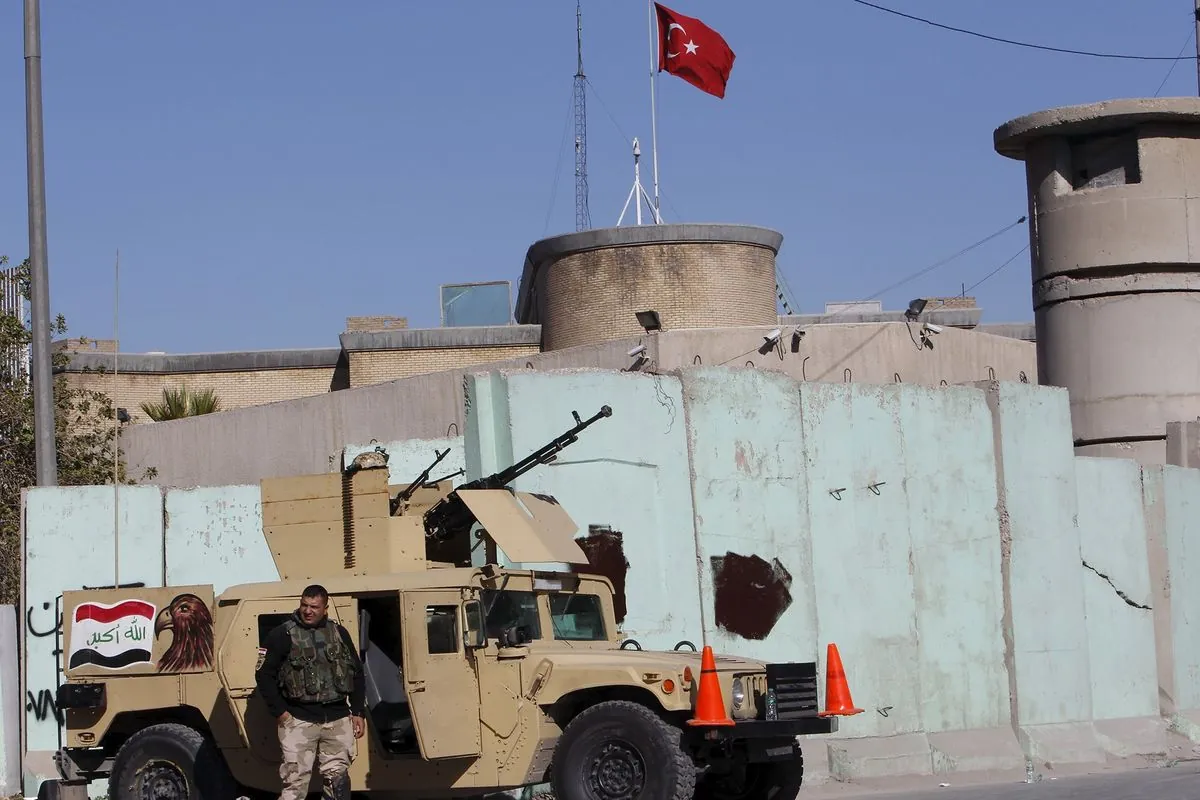Turkish Forces Neutralize 12 PKK Militants in Northern Iraq Operation
Turkey's military neutralized 12 PKK militants in northern Iraq as part of Operation Claw-Lock. The ongoing conflict, which began in 1984, has resulted in over 40,000 casualties.

Turkey's Defense Ministry reported on August 9, 2024, that its military forces had "neutralized" 12 members of the Kurdistan Workers Party (PKK) in northern Iraq. This action was part of Operation Claw-Lock, an ongoing cross-border offensive against PKK militants.
The term "neutralized" is typically employed by Turkish authorities to indicate that the individuals in question have been killed. This operation is a continuation of Turkey's long-standing conflict with the PKK, which has been ongoing for four decades.
The PKK, founded in 1978 by Abdullah Öcalan, initially sought to establish an independent Kurdish state in southeastern Turkey. Over time, their ideology has evolved to advocate for democratic confederalism. The group has been designated as a terrorist organization by Turkey, the United States, and the European Union.
Since the insurgency began in 1984, the conflict has resulted in over 40,000 casualties. The prolonged struggle has had far-reaching consequences, including significant displacement of Kurdish civilians in southeastern Turkey and a substantial impact on the country's economy and foreign relations.
Turkey has conducted numerous cross-border operations into northern Iraq since the 1980s, aiming to combat PKK strongholds. These actions have sometimes led to tensions with regional and international partners, highlighting the complex geopolitical nature of the conflict.

The conflict has not been confined to Turkey's borders, spilling over into neighboring countries, particularly Syria and Iraq. This regional dimension has influenced Turkey's stance on Kurdish autonomy in these areas and complicated diplomatic relations.
Throughout the years, there have been periods of ceasefire and peace negotiations between Turkey and the PKK. However, these efforts, including international mediation attempts, have had limited success in resolving the deep-rooted issues at the heart of the conflict.
Human rights organizations have documented violations on both sides of the conflict. Additionally, Turkey has implemented various cultural and linguistic restrictions on its Kurdish population over the years, further complicating the situation.
As the conflict continues, the international community watches closely, recognizing the significant impact it has on regional stability and the lives of civilians caught in the crossfire.


































